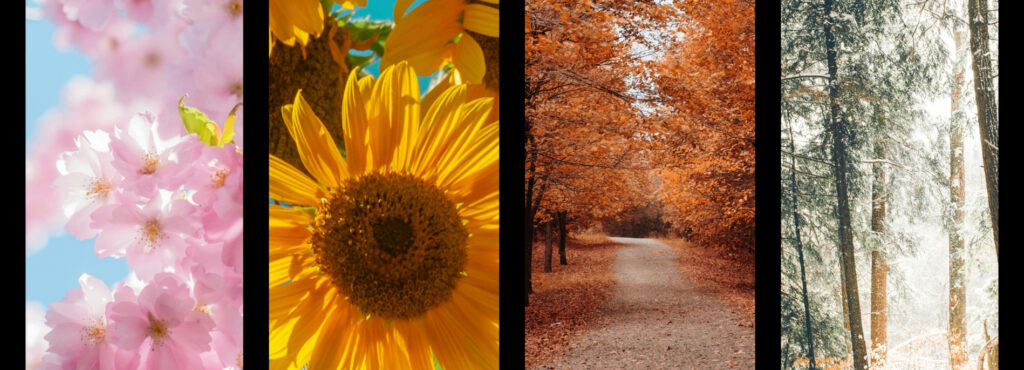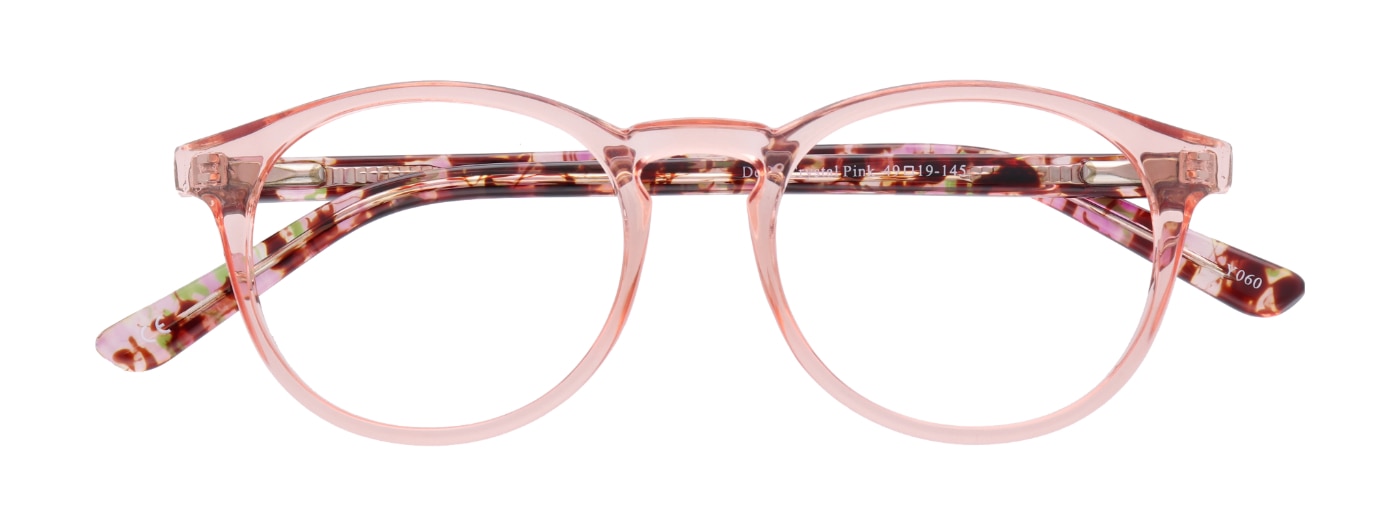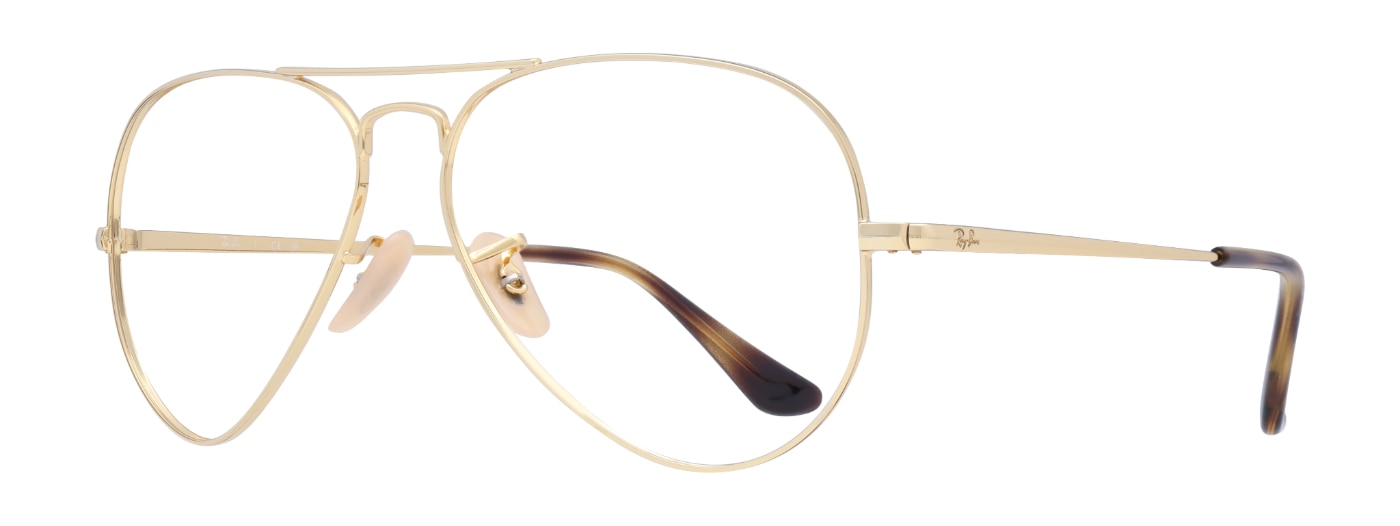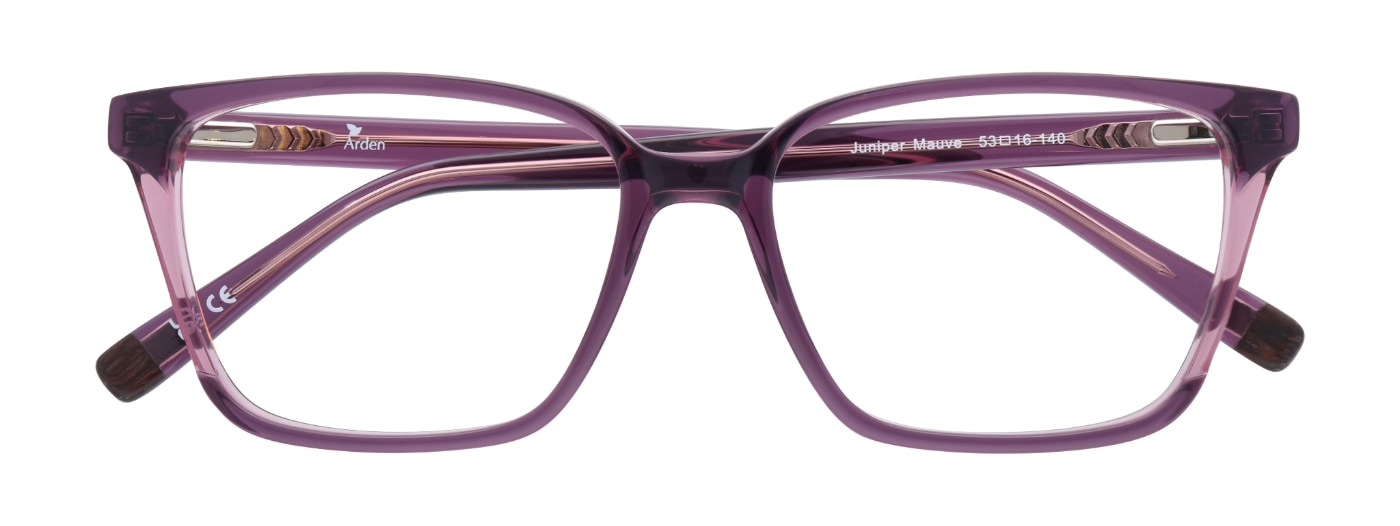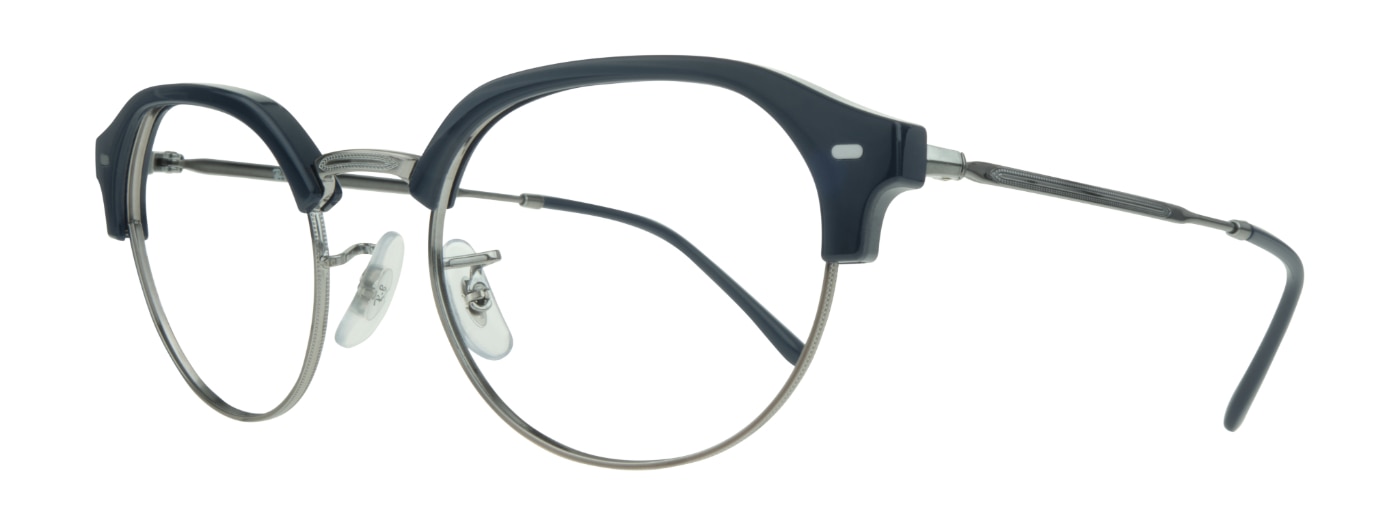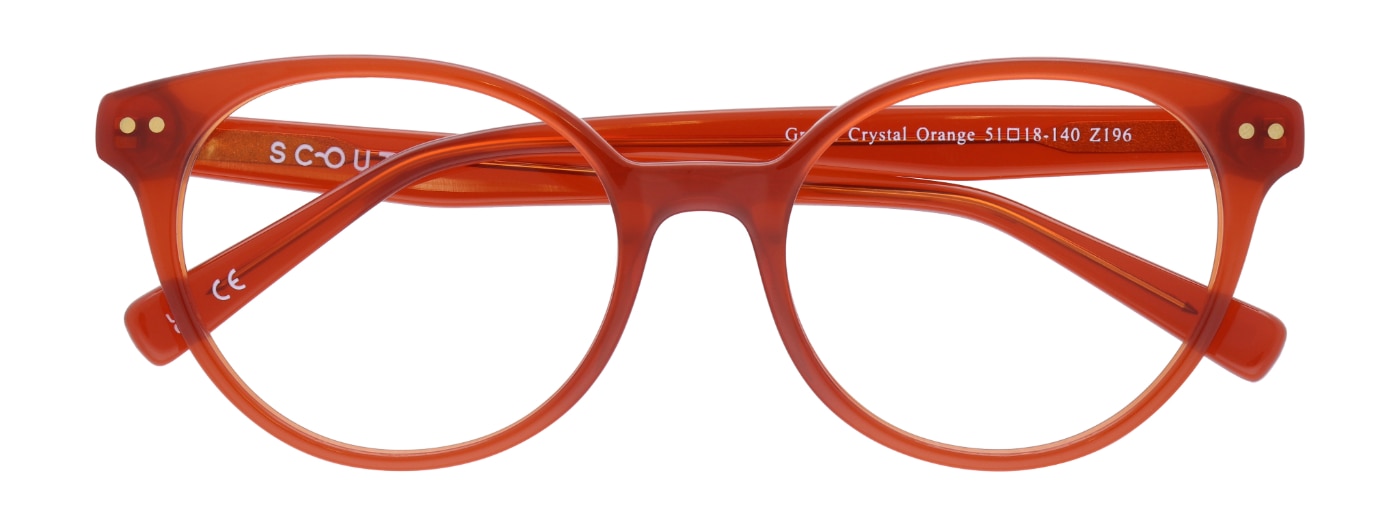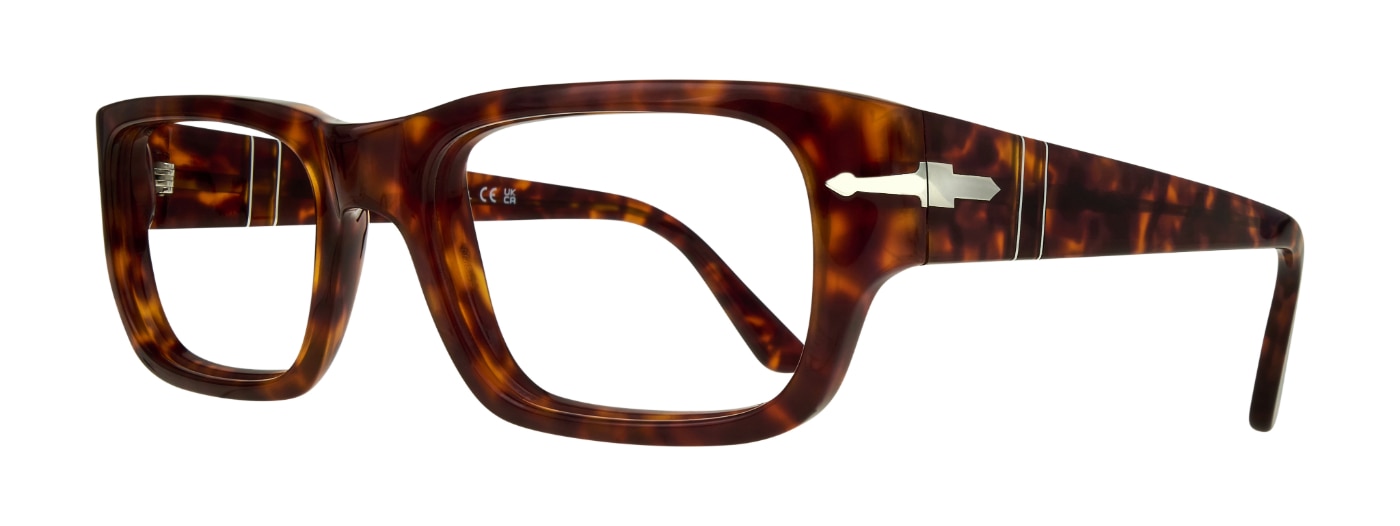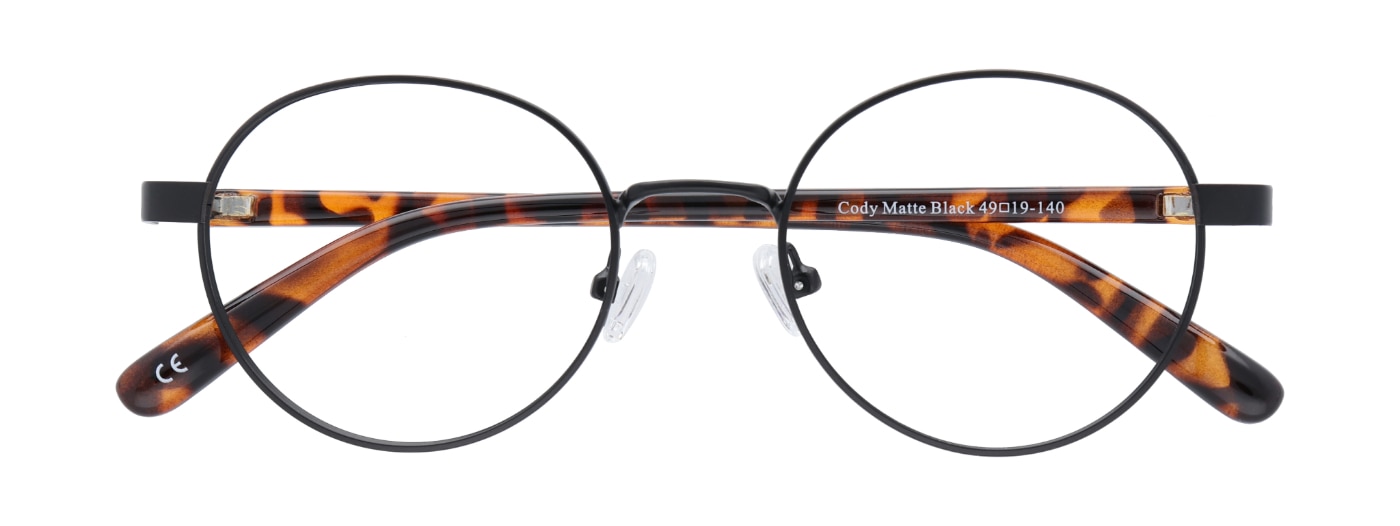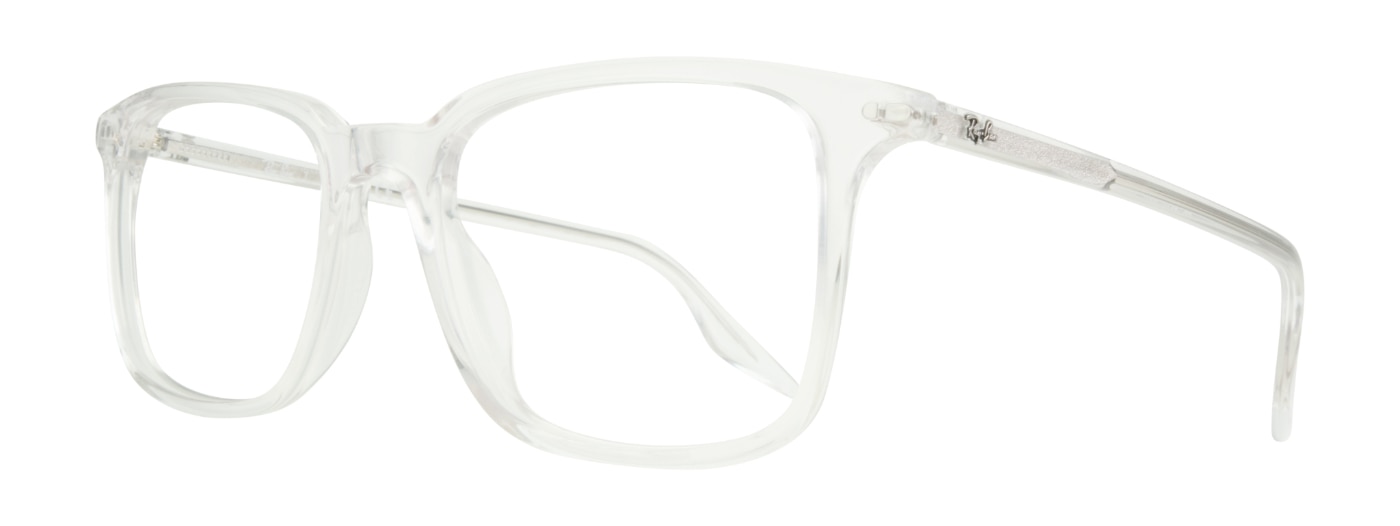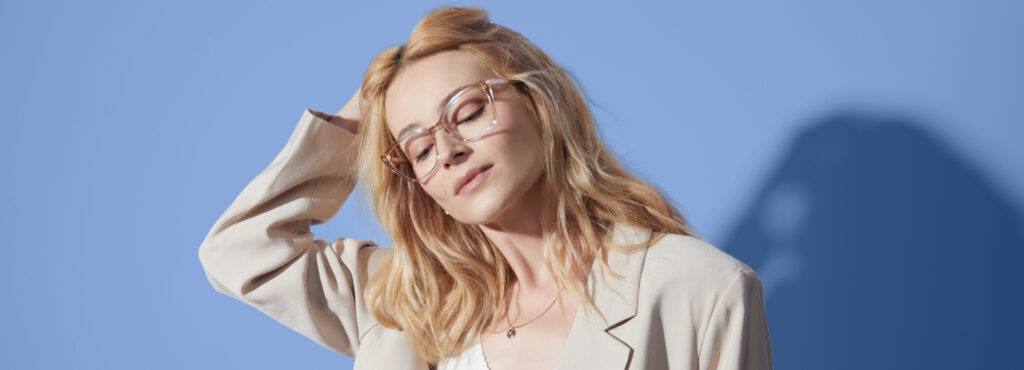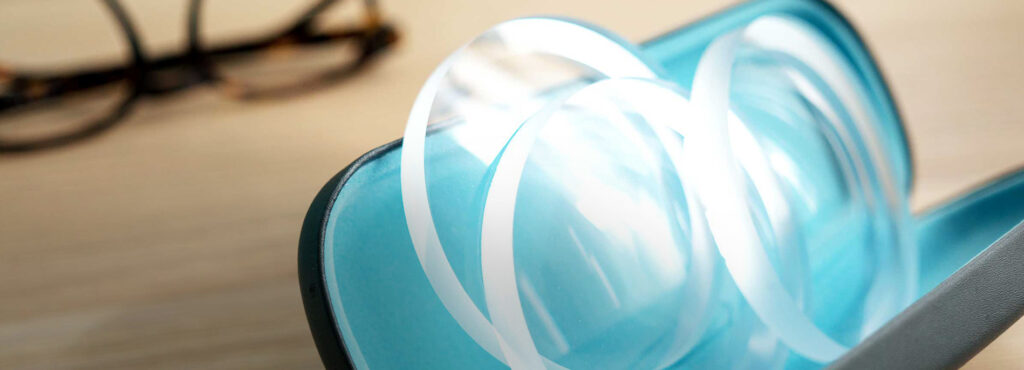Curious to know what colour glasses suit you best? With so many stylish materials and aesthetics out there, shopping for new eyewear can seem like a bit of a mission, especially when you’re unsure what exactly to go for. After all, it’s just as much about expressing your personal style with the perfect colour and shape as it is about comfort and clarity. One easy method to finding flattering colours is seasonal colour analysis, a technique that matches a specific colour palette with your unique skin tone, hair and eye colour. In this blog post, we’ll turn you into your own personal stylist with our comprehensive guide to the art of colour analysis. Find the most flattering colours for you and incorporate them into your choice of eyewear.
What is seasonal colour analysis?
Seasonal colour analysis is a way of determining which hues best suit you based on your natural colouring. It categorises people into four primary season types, which includes spring, summer, autumn and winter, each with its own selection of colours to suit you.
Each season is then narrowed down into sub-categories that consider undertones (cool or warm), depth (light or deep) and chroma/clarity (clear or soft). When applied to fashion and beauty, this process is designed to help you choose clothing, makeup and accessories that highlight your natural features and enhance your look.

How to find your colour season:
Follow our step-by-step guide to seasonal colour analysis. Once you’ve identified your colour season, you’ll be able to find stylish glasses in the colours that flatter you most.

Identify your undertones
Use your wrist to examine your veins
Blue, purplish veins indicate cool undertones best suited to a summer or winter palette, while green veins point to warm undertones which are better complemented by a spring or autumn palette.
OR
Hold jewellery up to your skin
If gold looks better on you, you may have warm undertones. If silver suits you more, you’re likely a cool-toned individual.

Assess the depth of your features
Hair Depth
- Light: Bright blonde, golden, ash blonde/brown or copper hair.
- Deep: Medium to dark brown, black, or very deep red.
Eye Depth
- Light: Pale blue, light brown, bright green, grey, or soft hazel.
- Deep: Dark brown, deep hazel, or rich green/blue eyes with high contrast.
Complexion Depth
- Light: Porcelain, fair ivory, light olive, peach, soft beige, or pinkish skin tone.
- Deep: Cocoa, dark bronze, rich olive, espresso, or medium to deep tan with cool undertones.

Evaluate the chroma
Hair chroma
- Clear: Jet black, bright golden blonde, vivid copper, or golden brown. These shades look crisp and well-defined.
- Soft: Ashy blonde, strawberry blonde, muted auburn, soft chestnut, or mousy brown. Essentially any colours with a greyish or dusty quality.
Eye chroma
- Clear: Bright blue, vivid dark green, icy grey, rich brown, or vivid hazel with sharp definition around the iris.
- Soft: Grey-blue, light brown, muted green, or subtle hazel without strong contrast or sparkle, creating more of a blended look.
Complexion chroma
- Clear: Skin with high contrast to hair/eyes or a noticeable glow (common in spring and winter seasons).
- Soft: Skin with a smooth, velvety appearance and little contrast with eyes or hair (common in summer and autumn seasons).
Top tip: Always make sure you’re standing in natural light to ensure the most accurate identification of your features and colouring.

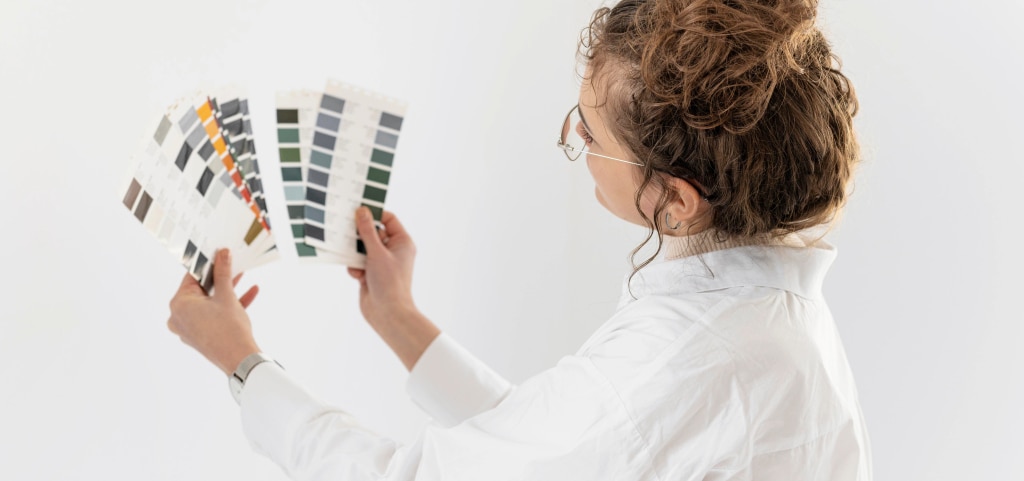
Other tips to finding your colour season
If you’re struggling to place your eye, hair and skin colour into the categories above, there are a couple of other simple methods to finding your colour season.
Try colour draping
Hold a variety of coloured fabrics or swatches up to your face to see which ones give you a dazzling natural glow. Just like jewellery, this will help you figure out whether cool fabrics or warm fabrics enhance your features the most.
Use a colour analysis app
There are a multitude of colour analysis apps available which can help you find your ideal colour palette in no time. Depending on which of the apps you choose, you should be able to upload a photo of yourself. The app will then analyse your skin, hair and eye colour before providing you with some flattering colour suggestions.

Understanding the four colour seasons:

Spring season:
Warm undertones with light, fresh and golden hues. Think peachy or golden skin, light brown, green, blue, or hazel eyes and golden blonde, warm brown, or red hair.
Light spring
- Bright strawberry blonde, light brown or golden brown/blonde hair.
- Fair complexion with pink or peachy undertones.
- Striking blue, green, light brown, or golden hazel-coloured eyes.
Clear spring
- Golden light to warm blonde or brown hair.
- Ivory to light olive skin with a peachy hue.
- Striking blue, green, or light brown eye colour.
Warm spring
- Bright blonde, copper, or light to warm golden-brown hair.
- Soft beige skin with a hint of bronze.
- Green, blue, light brown, or vivid hazel eyes with golden flecks.
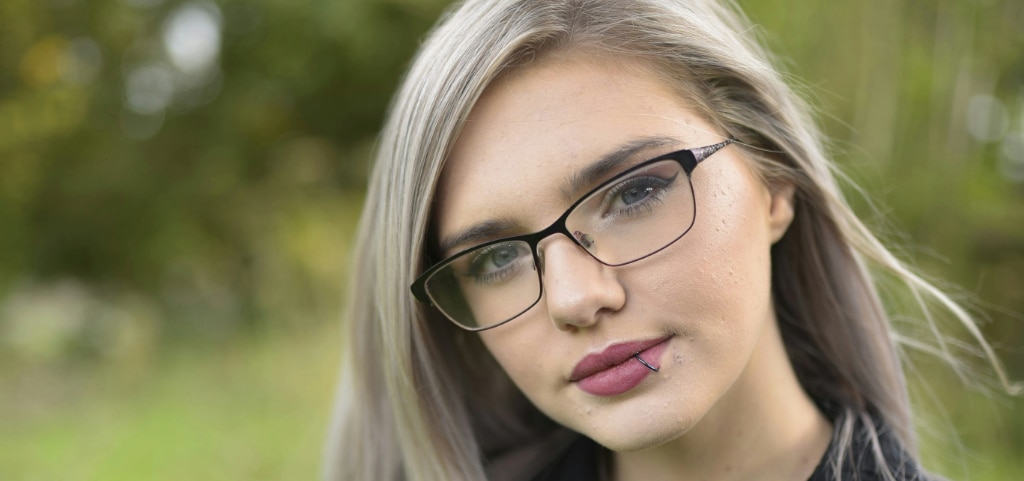
Summer season:
Cool undertones with soft, muted colours. Usually fair skin with pinkish hues, light blonde, or brown hair and grey, green, hazel, or blue eyes.
Light summer
- Soft to medium ashy blonde hair.
- Fair, light skin with a pink undertone.
- Cool blue or green-coloured eyes.
Soft summer
- Rich brown hair colour.
- Beige to light olive skin with neutral undertones.
- Grey, blue, or muted hazel eyes.
Cool summer
- Medium to dark brown hair.
- Beige to light olive with cool undertones.
- Muted blue or grey eyes.

Autumn season:
Warm and rich tones. Think golden or olive skin, dark hair with red or golden undertones and deep brown, green, or hazel eyes.
Deep autumn
- Medium to dark brown hair with a red or golden tinge.
- Rich olive, or medium to dark brown skin with warm undertones.
- Muted green, hazel, or brown eyes.
Soft autumn
- Medium brown, red, or blonde hair.
- Deep ivory, olive, or medium brown skin with warm undertones.
- Light brown, green, or hazel-coloured eyes.
Warm autumn
- Medium to dark brown or warm auburn hair with a golden tinge.
- Deep ivory, olive, or medium brown skin with warm undertones.
- Green, hazel, or light brown eye colour.

Winter season:
Cool, contrasting tones. Often very fair, or deep skin with blue undertones, ashy blonde or brown, dark black, brown, or rich copper hair and deep brown, bright blue, grey, or green eyes.
Clear winter
- Medium to dark brown or black hair.
- Rich olive skin or cool undertones.
- Bright green or blue-coloured eyes.
Deep winter
- Medium to dark brown or black hair.
- Rich olive skin or cool undertones.
- Dark brown eyes.
Cool winter
- Light or dark brown hair, or black hair with blue undertones.
- Rich olive skin or cool undertones.
- Vivid brown, blue, or grey eyes.

Choosing glasses by colour season
Once you’ve identified which characteristics apply to you, you can then determine which colour season you fall into:
Spring (warm undertone + light, clear features)
Reminiscent of a bright spring day when the flowers are in full bloom, this palette consists of a mix of soft pastels and subtle, fresh hues. These colours will enhance your warm skin tone perfectly.
Frame colours you’ll look good in: Warm corals, light tortoiseshell, salmon pink, peach, warm red, sky blue, mint green, buttercup yellow, gold and beige.
Avoid: Dark or cool-toned colours like dark brown, forest green, grey, true black, or navy heavy frames. These will overpower your delicate features and wash your bright complexion out, especially if you’re a true spring with very bright, fresh colouring.
Styles we recommend:

Summer (cool undertone + light, soft features)
If you’re a true summer skin tone, embrace cool, muted colours that remind you of a sunny beach in the heat of the season. Consider natural colourways that resemble a bright blue sky and the silvery glisten of the sea in the sunshine. These hues will complement your cool skin tone and soft features.
Frame colours you’ll look good in: Dusty rose, lavender, plum, burgundy, powder blue, navy, silver and cool grey.
Avoid: Harsh black or very bright warm tones like, orange, yellow, or red. These will clash with your lighter, softer features.
Styles we recommend:

Autumn (warm undertone + deep, soft features)
Much like the golden and rich, dark autumn hues which fill the landscape at this time of year, this colour selection features a range of earthy and vibrant shades. These are the best colours and will work in harmony with your warm complexion.
Frame colours you’ll look good in: Chocolate brown, brick red, olive, burnt orange, moss green and warm tortoiseshell.
Avoid: Cool, icy shades like silver, purple, or blue and neon colours as these will clash with the warmth and depth of your complexion.
Styles we recommend:

Winter (cool undertone, deep, clear features)
This cool palate consists of stark contrasts, icy shades, deep hues and bright winter colours. Try dark winter shades and crystal-toned frames that glisten like the snow in winter. These eye-catching colours will draw attention to your natural features and make a real statement, especially if your a true winter with cool, deep and highly contrasted features.
Frame colours you’ll look good in: Wear black, cool navy, burgundy, icy blue and crystal-clear colours.
Avoid: Earthy, warm, or yellow-based tones like olive or reddish-brown. These will overwhelm your cool undertones.
Styles we recommend:
How can seasonal colour analysis elevate my style?
Wearing glasses that match your seasonal palette brightens your complexion and can even make your eyes pop. It’s a subtle but powerful way to enhance your overall appearance. At Glasses Direct, you can filter by colour on our website to find aesthetics to suit your season. Why not add sunglass tints and turn them into sunglasses?

